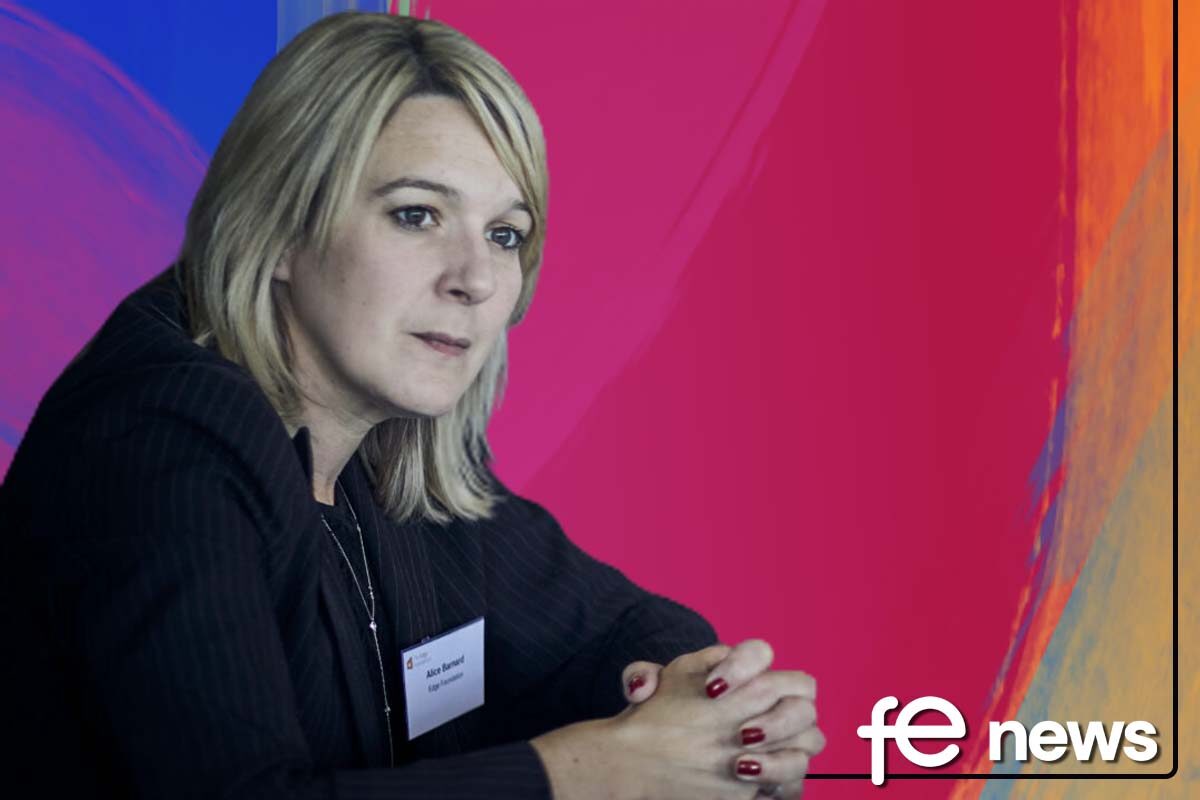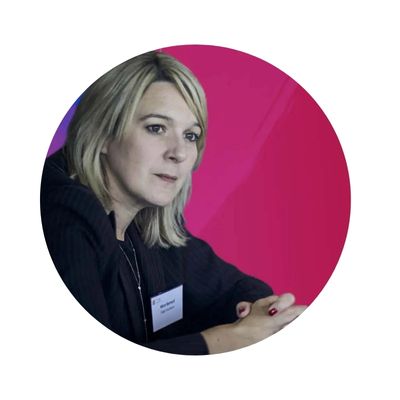The state of education in 2023 and 2024

In 2023, seismic shifts in UK education and skills set the stage for an exciting year ahead. With 2024 marking the Edge Foundation’s 20th anniversary, and a general election also looming, now is the time to reflect on the sector’s achievements and aspirations for the future.
Skills climbs the political agenda with emerging cross-party consensus
In 2023, leaders of both main political parties sought to prove their credentials when it comes to education and skills – be that Prime Minister Rishi Sunak’s “silver bullet” to the productivity crisis, or opposition leader Keir Starmer’s catchphrase: “My dad was a toolkmaker”.
Both parties announced a raft of fresh education and skills policies. While differing in flavour, they sought to tackle many of the same concerns and would affect everything from Early Years to Further Education, Higher Education and beyond.
The government announced its intention to address the worrying long-term decline of basic numeracy skills needed for life and work, pledging to extend maths to 18, for instance, while Labour promised to address this at primary level, through ‘real world’ maths for all.
This ambition is truly welcome – as is the consensus, at long last, that essential (and technical) skills are not for those less ‘academically able’, but required by every young person if they are to thrive in the modern working world..
However, as the general election inches closer, and parties look for more dividing lines, we hope this consensus on education and skills will not be lost. We are also aware that new policy initiatives have a habit of shifting focus and funding from areas where progress is underway. We must navigate with care.
As the main parties shape their election manifestos, we hope they take note of evidence such as the recently released House of Lords 11-16 report, which took on board evidence from our Executive Director and pointed to the need for a truly broad and balanced curriculum offer across secondary education, and that careers guidance must give equal status to the full range of post-16 pathways.
Advanced British Standard (ABS)
The promise of a baccalaureate-style post-16 education – the Advanced British Standard (ABS) – is hugely welcome. A long overdue move to bring ‘academic’, technical and vocational qualifications under one umbrella reflects the parity that has been achieved. It’s a positive sign that the ABS mirrors the Times Education Commission’s flagship policy, which attracted widespread support across education, politics, the arts, science, and business. The days of negative public opinion around ‘non-academic’ pathways are gone. Government policy is catching up.
While the devil will be in the detail, the seeming cross-party consensus is once again encouraging. Should they win power, Labour has pledged to review the curriculum and assessment system, suggesting that a broader, baccalaureate-style qualification of some description could triumph regardless of the election’s outcome. Edge is well-placed to support. Our “Bacc to the Drawing Board” event in May stimulated timely discussion on the nature and objectives of a baccalaureate qualification, and we have new, valuable research to inform policy implementation.
Skills development
In 2023, Edge also saw excellent work being done to bridge the skills gap, from corporate initiatives to education business partnerships. The greatest success stories invariably involve effective employer engagement. In 2023, employers told us they wanted shorter, more flexible courses and greater support around management capabilities, particularly for SMEs. In 2024, businesses of all sizes will therefore require ongoing support to help them to guide and shape the skills offer.
Labour’s proposals to introduce a Growth and Skills Levy are also intriguing, but require careful consideration to avoid recreating the disincentives to apprenticeship uptake built into the existing levy. The party’s promise to establish a Skills England body to oversee the national skills effort would also signify their commitment to streamlining and coordinating different aspects of the complex skills and apprenticeships landscape.
Careers Information, Advice, and Guidance (CIAEG)
Both major parties are making strides to improve Careers Information, Advice, and Guidance (CIAEG). Labour is advocating to bring back mandatory work experience to elevate the quality of opportunities available to young people navigating technical routes.
Work remains, though, in raising awareness, understanding, employer participation and uptake of qualifications like T Levels and lower-level apprenticeships. As we enter 2024, Edge stays focused on ensuring all students are armed to make informed decisions about their future, while keeping a broad spectrum of qualifications available. Diversity, here, is essential.
Assessment and accountability
Although it has been growing as an issue for several years, last year, education stakeholders advocated vociferously for assessment reform. The inaugural Next Generation Assessment Conference saw industry stalwarts exploring issues from multimodal assessment to equity and youth voice in curriculum design. The Independent Review of Qualifications and Assessment in Scotland, led by Professor Louise Hayward, also placed reform high on the agenda.
Assessment cannot be decoupled from accountability, of course, which also faces a reckoning. In 2023, Edge, along with the #SaveOurSubjects campaign, handed a letter the Department for Education calling for a review into the impact of EBacc and Progress 8 on the uptake of arts and technology subjects, with a view to reforming Progress 8 and delivering the Arts Premium promised by the 2019 Conservative election manifesto. With Ofsted currently under renewed scrutiny, and Labour exploring plans for a broader report card, Edge will keep the pressure up on this issue in 2024.
Research, youth voice and deeper learning
Last year, Edge’s Skills Shortage Bulletins continued their important role in highlighting key labour market concerns. Collating evidence from numerous high profile organisations, the bulletins explore challenges from youth barriers to employment to growth areas like clean energy and artificial intelligence. Meanwhile, our Learning from the Past series is improving institutional memory through the exploration of past policies, such 14-19 Diplomas and HE access courses. The knowledge base is expanding in 2024.
Edge has also long advocated for the inclusion of Youth Voice in education policy development. Among other Edge-hosted events in 2023, members of our Youth Network featured prominently at the Next Generation Assessment Conference and in a youth voice research round table. Meanwhile, our “Schools for All?” report looked into young people’s experiences of alienation in secondary school. Youth Voice has also played a more prominent role across the industry, in particular informing government reports and with businesses developing talent pipelines through their work with schools and communities.
Finally, 2023 saw the establishment of the Deeper Learning UK Network. Connecting a broad church of education providers and stakeholder organisations, the network marks a collective commitment to developing, sharing and promoting deeper learning practice across the country. It sets the stage for an education landscape in 2024 that will evolve, adapt to, and uplift the people serves. I have a feeling that a positive year lies ahead!

FE News on the go
Welcome to FE News on the go, the podcast that delivers exclusive articles from the world of further education straight to your ears.
We are experimenting with Artificial Intelligence to make our exclusive articles even more accessible while also automating the process for our team of project managers.
In each episode, our thought leaders and sector influencers will delve into the most pressing issues facing the FE.











Responses